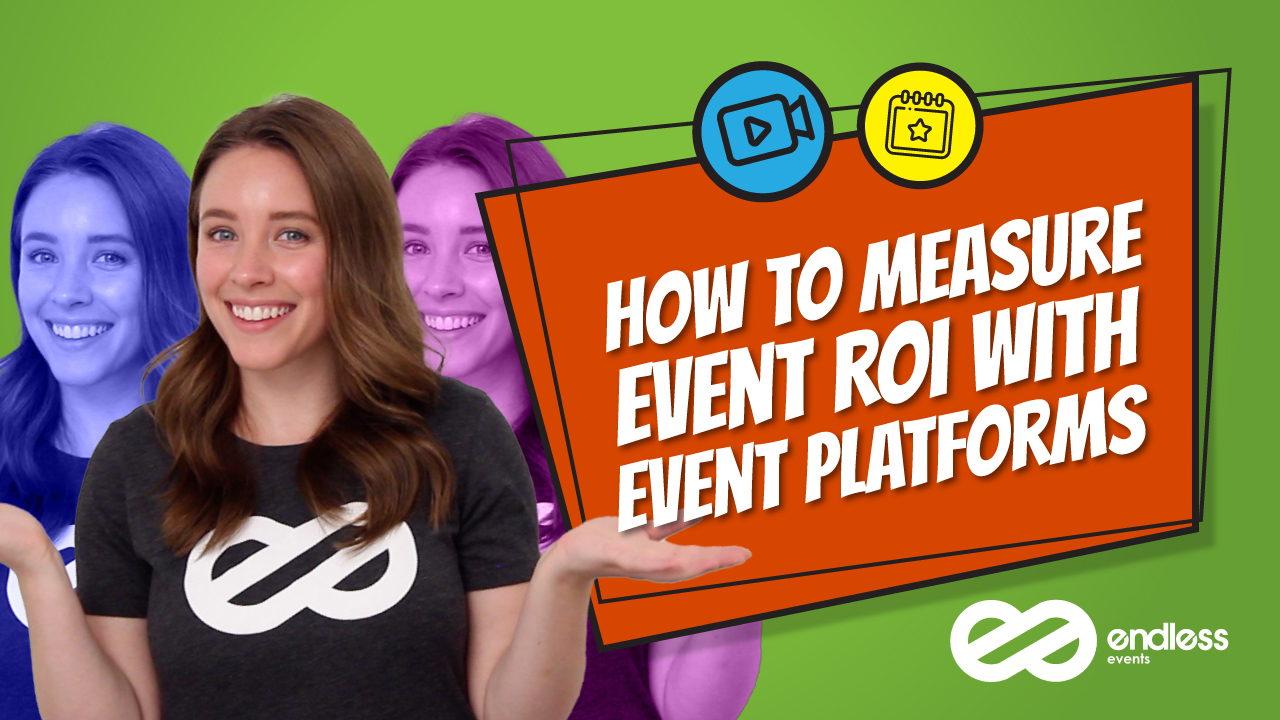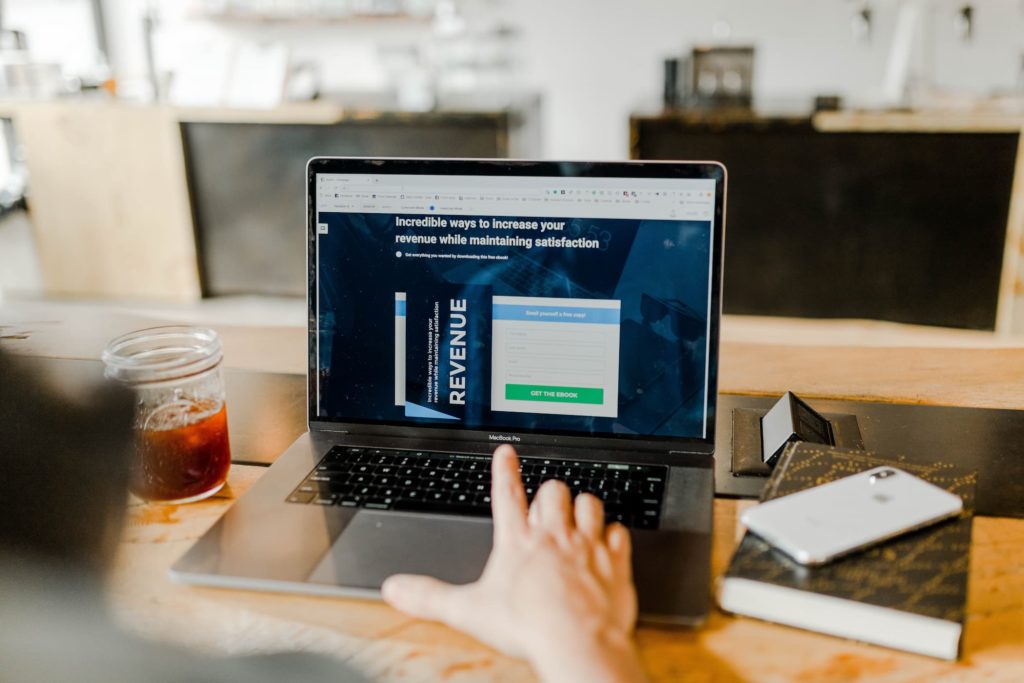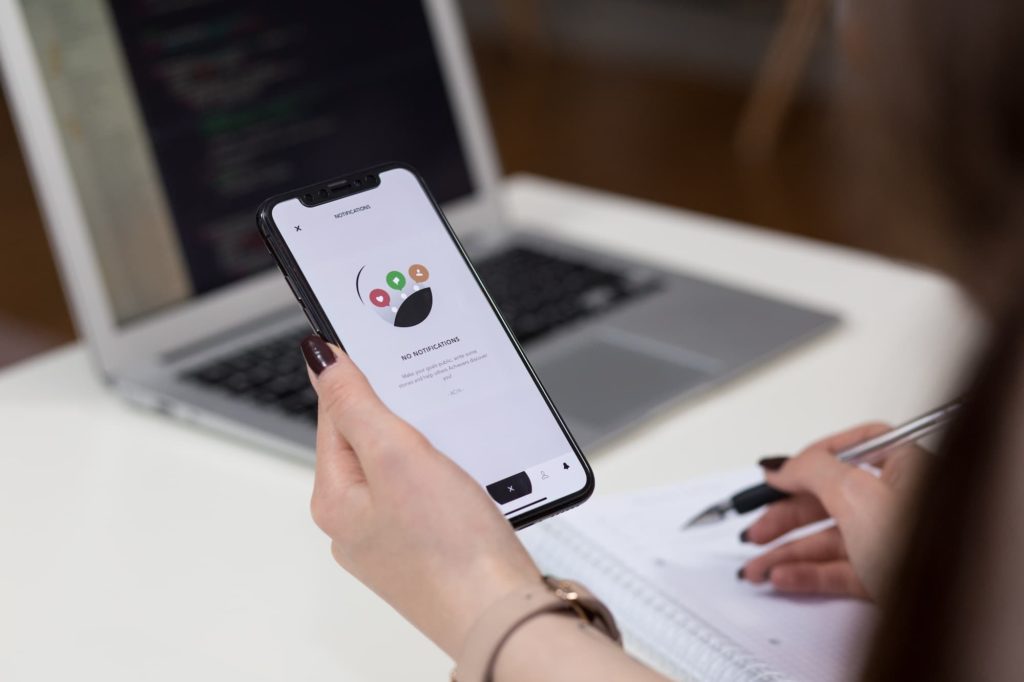Event platforms can be an event planner’s best friend. They have become the building block of a modern event strategy because they offer continuous audience engagement and help event planners measure event ROI in new, better ways. That’s because event platforms collect data about registration, attendee behavior, their feedback about the event, engagement levels, and more valuable insights.
Many event planners are yet to catch up with the opportunities that adoption of such technology solutions offers. Not only is event planning somewhat of an art form, it can now also be a science!
In this blog post, we explore how to measure event ROI based on clearly defined goals and key performance indicators. Proving a positive ROI used to be challenging as planners mostly only relied on pre-event and post-event surveys. Finally, we explain how event platforms can help planners measure event ROI and reach their goals. It’s quite an investment, but it does pay off in the long-term – especially if the platform becomes a center piece of the event strategy.

Event ROI Stems From Goals & KPIs
Measuring event ROI is not as straightforward as a simple equation. On the contrary: ROI for events is quite an unambiguous concept. Each event has a goal that it aims to accomplish, and those goals can vary greatly from organization to organization. Conventions, associations, corporate events – each has its own S.M.A.R.T. goals and KPIs. The challenge with event ROI is therefore not only how to measure it, but what metrics to measure to prove event ROI in the first place.
Event goals can concern:
- increased number of registrations,
- ticket sales,
- increased event engagement,
- lead generation,
- brand exposure,
- advertising opportunities,
- networking opportunities,
- and more.
 Event ROI Challenges: A Lack Of Analytics
Event ROI Challenges: A Lack Of Analytics
Traditionally, event planners measured whether their event goals were achieved through pre-event and post-event surveys, delivered to attendees’ emails. However, the open rate of such emails was often lower than 20%, so it was hard to measure whether attendee expectations were met at the event and what they (dis)liked. Additionally, surveys were often considered an afterthought rather than a final step in an overarching event timeline.
But as any experienced event planner knows, survey responses and data alone are not enough to draw any valid conclusions. To measure event ROI, event data needs to be analyzed and accurately presented. But since event and meeting planners are not statisticians, this is where the journey of measuring event goals often ended.
Event Apps To The Rescue
Thanks to event technology, event profs do not need to do their own analysis to see whether their efforts yielded a positive event ROI. One of the best event app and platform features is the ability to get data insights into a number of event variables.
Before the pandemic, event apps started making waves as an integral part of any modern and data-focused event strategy as their adoption helped event planners reach a higher ROI. But there was yet another challenge standing in the way: low adoption rates. In 2019, before the pandemic, event app adoption stood at 63%.
Planners saw the value of event apps in the ability to inform attendees of changes in the schedule and to limit excessive use of paper at the event. Even though they held a lot of post-event potential, planners only used event apps during the event. In 2019, 67% of event planners did not see any value in keeping event apps after the event.
What Event Platforms Can Do For Measuring Event ROI
As the world pivoted to virtual (and more recently, hybrid) events, planners had no choice but to start relying heavily on event technology. At the same time, we saw huge investments in event platforms, which brought us to a new era of event planning and revenue models.
Event platforms are not just a communication tool, they also represent infinite space. They’re not time-bound to one particular event either. Instead, they can host a community throughout the year, which in turn boosts engagement levels, consistently exposes captive audiences to sponsors, and more.
And even more importantly, event platforms also help event planners measure event ROI – and increase it. How? Event platforms come with data analytics and prepare reports. The challenge for the planners is to define the event goal and to choose a platform that can offer the desired analytics to prove event ROI.
While the response rate for event surveys via email is notoriously low, planners can deliver surveys as part of the platform onboarding process before the event starts. That way, they can now enjoy a 100% response rate. Additionally, they can send push notifications at strategic times throughout the event in real-time. They can prompt attendees to rate a certain session, a speaker, and even gamify the process and reward attendees for their participation.
Based on acquired data and reports, event planners can decide whether a certain speaker is worth bringing to the event again, which content resonates most with the audience, and how attendees’ goals aligned with the goals of the organization.
Conclusive Thoughts
To conclude, we believe that event technology has immense potential to revolutionize event strategy and the way we plan our events. Measuring event ROI in the pre-pandemic days was challenging because of a lack of data analytics, but thanks to event platforms and their many features, that has changed. Event platforms do cost more money upfront, but ultimately, they help planners get their content, sponsors, and brand seen by more people. A seamless solution – from start to finish.
There is no one way to measure event ROI. Each event is a unique equation, made of numerous variables. As Einsteins of Events, we create the perfect event equation for each specific event and help clients measure whether their event was a success. We work with several event platforms, advise you on which one best fits your event needs, and offer community support.
So, if you’d like to partner up with Endless Events, reach out to us! We’re here to help.



